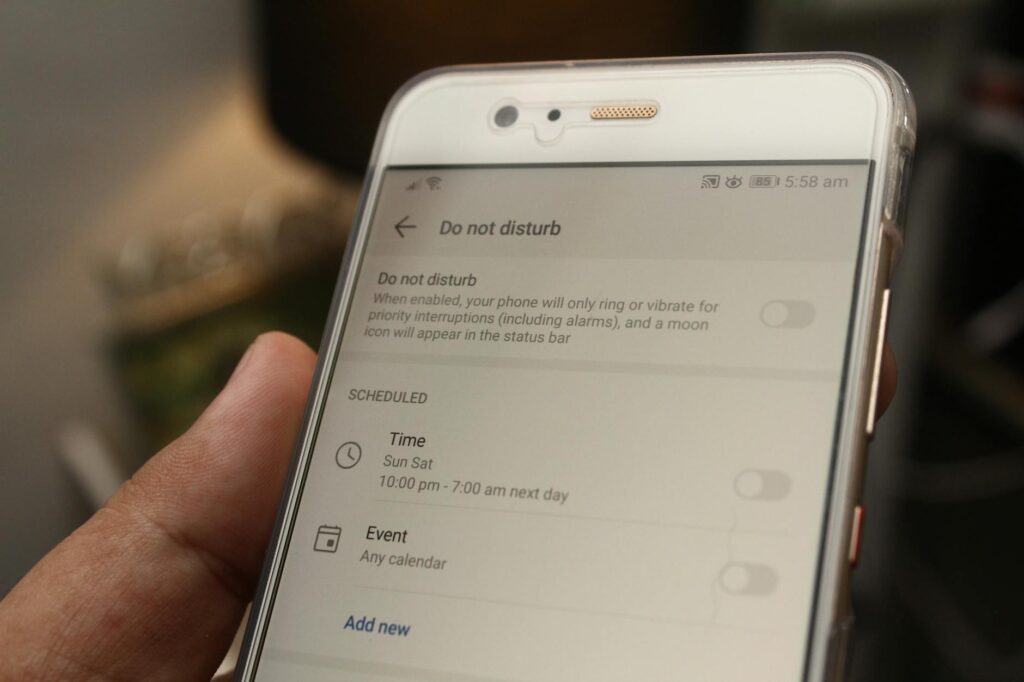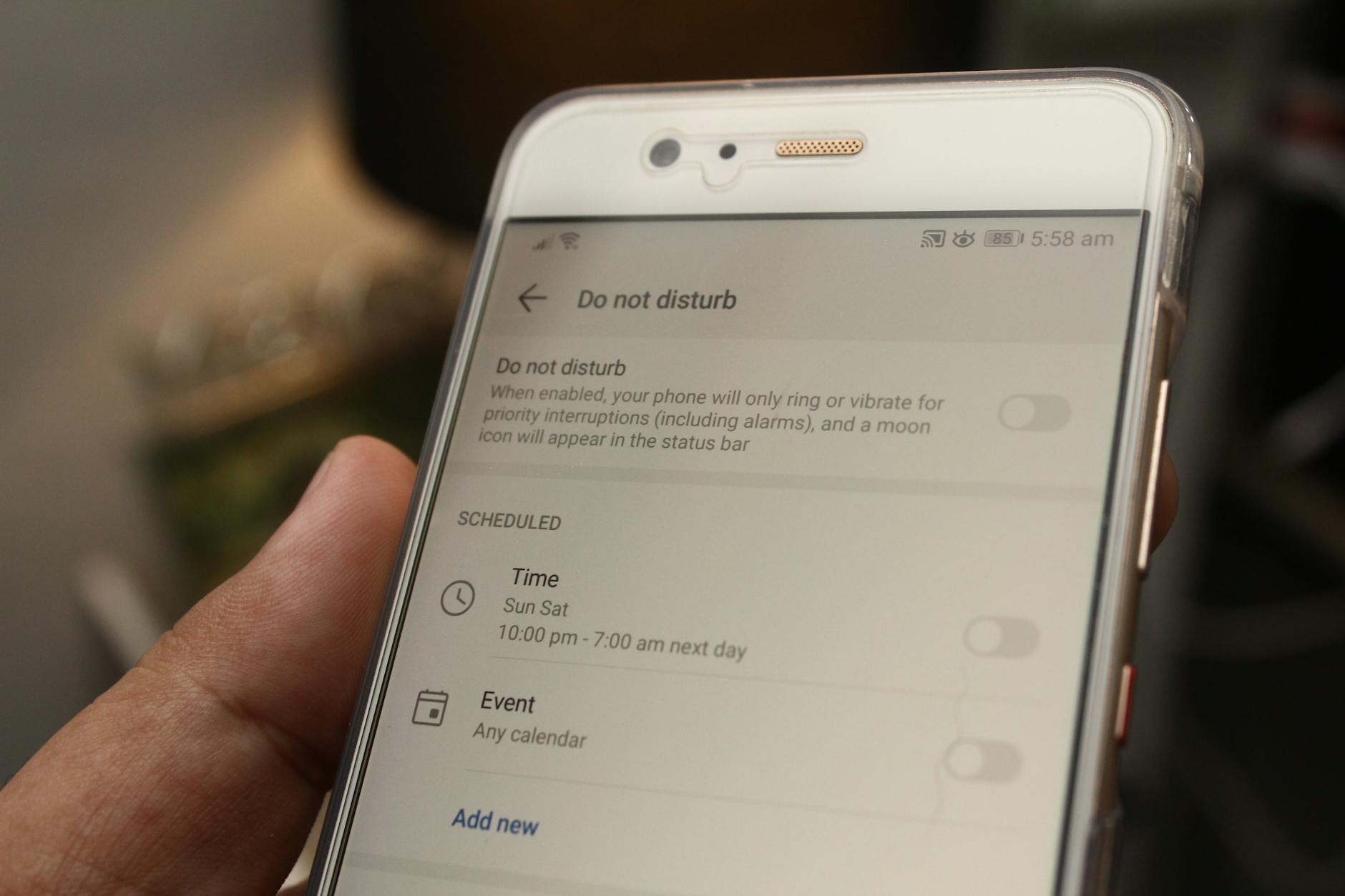What is mindful app usage?

What is mindful app usage?
In our tech-driven world, apps are as ubiquitous as our daily routines. Yet, how often do we pause and reflect on how we use them? Mindful app usage is the conscious and intentional use of applications, emphasizing awareness of our choices and their impact on our well-being. It’s about transforming potential distractions into tools that enhance our productivity and mental state. As we increasingly rely on apps for everything from communication to relaxation, adopting mindful practices around their usage is essential for maintaining balance and focus.
Understanding Mindful App Usage
Mindful app usage revolves around being present and intentional while using digital tools. It’s not just about limiting screen time but understanding how and why we’re engaging with our devices. This practice helps manage digital distractions, enabling you to derive maximum benefit from the technology at your disposal.
The Concept of Mindfulness
Mindfulness is the art of being fully present and engaged in the moment, free from judgment or distraction. When applied to app usage, it means being aware of your patterns, choices, and the emotions tied to your digital interactions. Instead of mindlessly scrolling through social media or constantly checking notifications, mindfulness encourages thoughtful engagement. A recent article from Joy Boseroy discusses how this approach can lead to increased focus and enhanced feelings of well-being.
The Impact of App Overuse
Excessive app usage can lead to a myriad of challenges. You might find yourself feeling burnt out, less productive, and experiencing increased anxiety. Studies have shown that constant notifications and prolonged screen time can negatively impact mental health and productivity. The detrimental effects of overuse highlight the importance of being intentional with app interactions. If you want to explore ways to manage app usage, you might find insights in the UCLA Mindful App, which guides users in establishing healthier digital habits.
Strategies for Practicing Mindful App Usage
Shifting to mindful app usage requires a few practical strategies. Here are some techniques you can implement to foster a healthier relationship with your devices.
Setting Intentions Before App Use
Before you unlock your phone or open an app, pause for a moment. Ask yourself: What is my intention for using this app? By defining your purpose, you can avoid aimless browsing and focus on specific tasks. Whether it’s checking emails, scheduling reminders, or catching up with friends, having clear intentions can lead to more productive sessions.
Utilizing Time Management Techniques
Time management techniques like the Pomodoro Technique can be incredibly beneficial. This method involves working in focused bursts, typically 25 minutes, followed by a short break. By structuring your app usage around these periods, you can minimize distractions and maximize productivity. Tools like Stay Focused or Unpluq can help limit your access to distracting apps during work periods, allowing you to maintain your focus.
Limiting Notifications and App Access
Notifications can be major interruptions that disrupt your focus and increase stress. Taking control of your notifications is crucial for mindful app usage. Consider disabling non-essential alerts or setting specific times to check notifications. You can also designate tech-free zones and times to encourage more meaningful interactions with your surroundings and loved ones. A detailed guide on mindful tech habits offers additional strategies for creating balance in your digital life.
Benefits of Mindful App Usage
The transition to mindful app usage comes with a range of benefits that can significantly enhance your quality of life.
Enhanced Focus and Productivity
By practicing mindful app usage, you can greatly improve your focus and productivity. You’ll find that being intentional about when and how you use apps leads to better engagement with your tasks. This enhanced focus can allow you to accomplish more in less time, reducing the feeling of being overwhelmed.
Improved Work-Life Balance
Mindful app usage fosters a healthier work-life balance. When you consciously decide to limit app usage during personal time, you create space for meaningful interactions and relaxation. This separation is vital for mental health, helping you recharge and be more present in your personal life.
Greater Self-Awareness and Control
One of the most significant benefits of adopting mindful practices is developing greater self-awareness. You’ll become more attuned to your habits, recognizing when you’re falling into patterns of distraction. This awareness empowers you to make conscious choices about your app usage, allowing for a more balanced and fulfilling digital experience.
Conclusion
Mindful app usage is more than just a trend; it’s a necessary practice in today’s digital landscape. By being intentional about how we engage with our apps, we can protect our mental health, improve productivity, and foster a healthier work-life balance. Start your journey toward mindful app usage today, and watch as your overall well-being transforms for the better. The long-term benefits are well worth the effort!

Photo by Daniel Moises Magulado